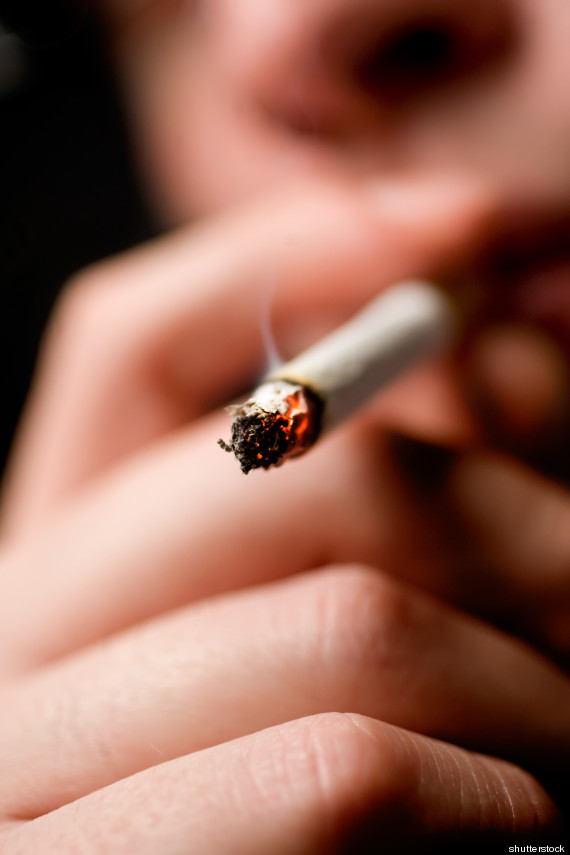
“In the last years, cannabinoids have emerged as promising neuroprotective agents in several animal paradigms of acute and degenerative brain damage. Most neuroprotective effects of cannabinoids result from the activation of cannabinoid Type 1 (CB1R) and Type 2 (CB2R) receptors in neural and immune cells.
Besides, the stimulating effect of cannabinoids on proliferation, survival, and differentiation of neural progenitor cells provides interesting prospects for long-term neural repair after acute brain damage.
The endocannabinoid system has been involved in the modulation of neural stem cells proliferation, survival and differentiation as well as in the generation of new oligodendrocyte progenitors in the postnatal brain. The present work aims to test the effect of the synthetic Type 1 and Type 2 cannabinoid receptor agonist WIN55212-2 on these processes in the context of neonatal rat brain hypoxia–ischemia (HI)…
Our results suggest that the activation of the endocannabinoid system promotes white and gray matter recovery after neonatal HI injury…
In conclusion, we have demonstrated that the synthetic cannabinoid WIN55212-2 enhances SVZ cell proliferation, oligodendrogenesis, white matter remyelination, and neuroblast generation after neonatal HI.
These findings, summed to the previously described neuroprotective properties of cannabinoids after acute brain damage, may possess therapeutic repercussions in the long-term management of neonatal HI encephalopathy, a prevalent and devastating condition for which no pharmacological treatments are yet available.”
http://stroke.ahajournals.org/content/41/12/2956.full






